Meet the Basic Sciences Wellness Advisory Council
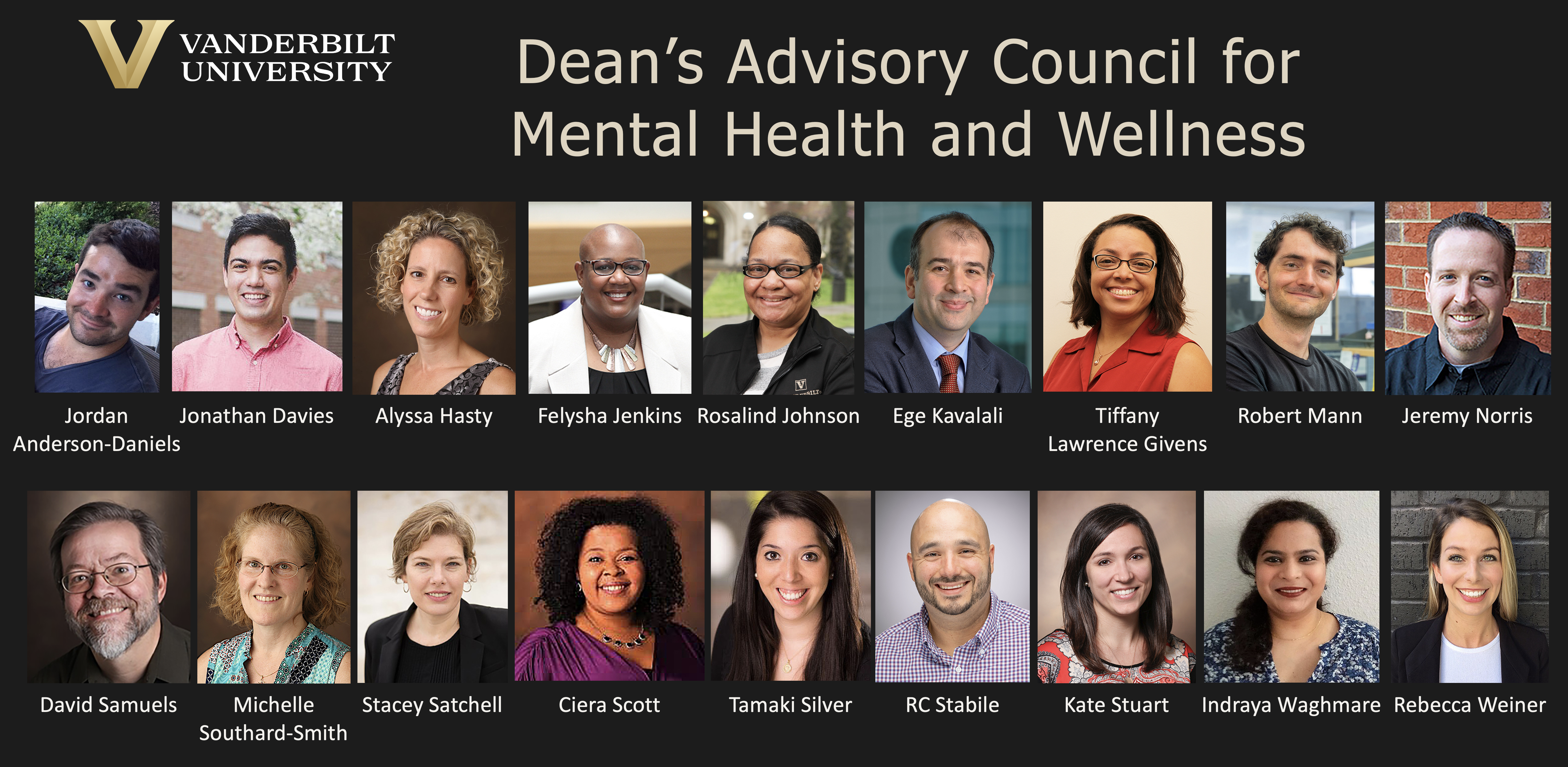
By Emily Overway and Lindsey Guerin
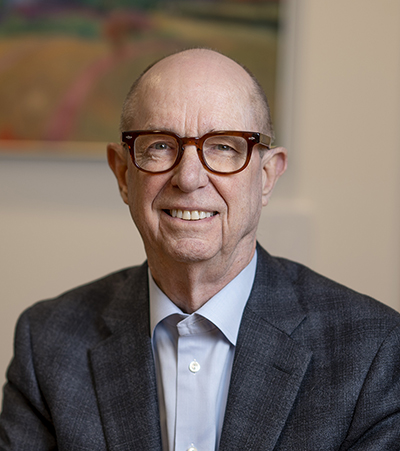
In May of 2020, Dean of the Vanderbilt University School of Medicine Basic Sciences Larry Marnett formed the Dean’s Advisory Council for Mental Health and Wellness, also known as the Wellness Advisory Council. The council seeks to address the growing mental health crisis within academia by recommending policies and providing information about resources to aid members of the Vanderbilt community struggling with their mental health and wellness. Academia and the broader scientific community have been facing a longstanding mental health and wellness crisis that was only intensified by the onset of the pandemic. Following this inflection point and the impact on the Vanderbilt community of the death of two Ph.D. students, Basic Sciences established the council as a permanent body tasked with recommending proactive health and wellness policies to its leadership.
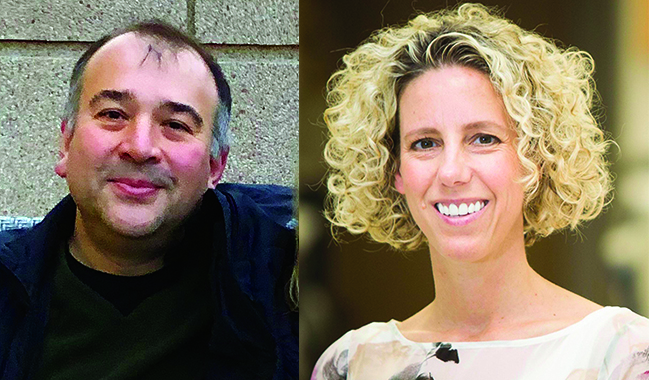
The council is currently made up of a group of 21 students, faculty, clinicians, and staff and is co-chaired by Ege Kavalali, the William Stokes Chair in Experimental Therapeutics and chair of the Department of Pharmacology, and Alyssa Hasty, the Cornelius Vanderbilt Professor of Molecular Physiology and Biophysics and associate dean for faculty of Basic Sciences. The council comprises “a diverse group of members who care and are engaged in the wellbeing of the Vanderbilt community,” said Kavalali. For Hasty, the diversity is paramount to the purpose of the council. “We want to improve our culture and promote wellness for every person in the Basic Sciences,” she said. “This means that we need to have the voices of all of our constituents represented in our discussions.”
In May 2021, the group made available the Dean’s Advisory Council on Mental Health and Wellness Report to members of the Vanderbilt community, which detailed recommendations for improving wellness in our different constituent groups—faculty, staff, postdoctoral fellows, and graduate students. This initial wellness report consolidated feedback from individuals across Basic Sciences and the Vanderbilt University Medical Center and made numerous suggestions for strategies to enhance constituent well-being and promote a university culture that prioritizes wellness.
“Many schools seek to improve campus wellness by treating the symptoms,” said Kavalali, “but we need to look at and find solutions to the underlying causes that lead to poor wellness.” Assessment about how to continue emphasizing wellness is ongoing, using data from community surveys, small group listening sessions, and other tools.
The council is now focusing on enhancing communication between the administration and various campus resources. “The council members touch many areas of campus life,” said Kavalali. “Some work at the University Counseling Center, others at the Biomedical Research Education and Training Office, and others still with the Employee Assistance Program.” The council hopes that by being part of the community and having connections with these campus resources they will be able to monitor the campus environment and determine areas of greatest need.

The graduate students on the Wellness Advisory Council emphasize that the administration is truly invested in the mental wellness of trainees and is receptive to feedback. “While I’ve only been to one meeting, it really seems like [the council’s] focus is on listening and letting the feedback direct the next steps,” said Robert Mann, a graduate student in the Department of Biochemistry and a new addition to the Wellness Advisory Council. Rebecca Weiner, a graduate student in the Department of Pharmacology who has been on the council since its inception, agreed, adding that everyone on the council has an equal opportunity to be heard and that she walks away from meetings feeling like her opinions are valued. “The faculty on the council not only actively seek the unique perspectives of students and postdocs on the council but also outside of the council by organizing workshops and implementing surveys,” Weiner said.
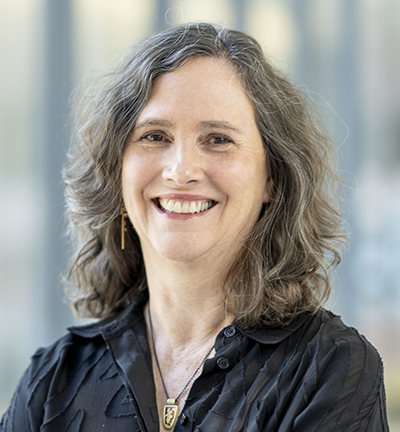
One current area of emphasis for the council is graduate student wellness. There are over 600 graduate students under the Biomedical Research Education and Training umbrella, all of them with varied needs and circumstances. The strategic plan produced by the council suggested many ways to improve graduate student life, many of which have been enacted by the BRET Office, led by Senior Associate Dean For Biomedical Research Education and Training and Louise B. McGavock Professor of Cell and Developmental Biology Kathy Gould. For instance, the strategic plan suggested that students needed easier access to therapy, so the BRET Office partnered with the University Counseling Center to create a satellite clinic that specializes in working with trainees. Both the UCC and the satellite clinic continue to offer virtual and telehealth services, increasing access for students across campus.
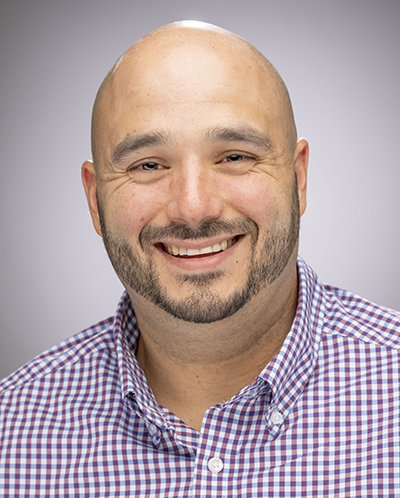
The council’s 2021 report also suggested that while services offered to graduate students were generally acceptable, there was a lot of confusion around when and how to access these resources. In response to this, the BRET Office created a BRET Care Map that students can refer to. In addition, Gould hired RC Stabile as the associate director of well-being for the BRET Office, where he serves to increase community engagement and student well-being. Stabile, an additional another resource for students, said, “If you are struggling with red tape or you don’t know how to get to care, please reach out to me.”
Stabile is also a member of the Wellness Advisory Council, serving as a liason for graduate students. Currently, he is implementing programs to aid with another suggestion from the council’s report: improving peer support. To this point, the BRET Office has planned several field trips to help students destress and connect with others outside of lab. Outings have included a Nashville Predators game, sessions at Painting with a Twist, and shows at the Tennessee Performing Arts Center.
The council’s overall goals are to improving overall wellness which includes creating a safe and comfortable environment for students in which their creativity can thrive. Kavalali emphasized this creativity is necessary for the innovative research that Vanderbilt wants to foster. While the council hopes these outings can begin to improve student well-being, they acknowledge that systemic changes are necessary for sustainable improvements. The council will seek to recommend both resources to help students cope with stresses and changes to impact the university culture.
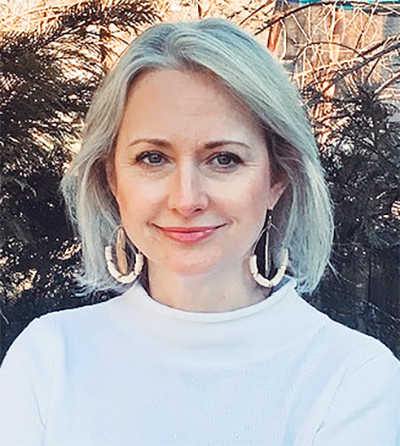
The council is also working to improve health and wellness for staff and postdoctoral fellows. Adriana Kipper-Smith, a member of the Employee Assistance Program—a resource where staff members, faculty, and their spouses can go to receive psychological counseling among other things—was recently added to the council. With the addition of Kipper-Smith, Kavalali and Hasty hope the council can have a direct channel to hear the needs of the broader staff community.
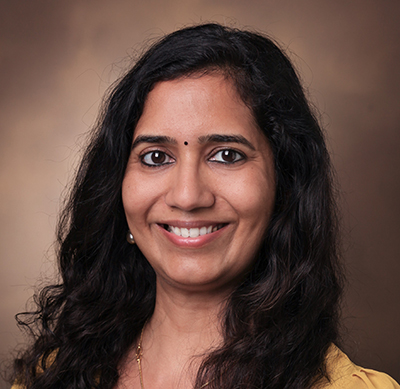
For postdoctoral fellows, one recommendation made by the council in their 2021 report was to clearly communicate with postdoctoral fellows the resources available to them. To improve this communication, the BRET Office recently updated their website to include postdoc-specific resources. Additionally, Jan Varadarajan was recently appointed assistant director of postdoc support, and now serves as a contact point for postdocs. Her role is to ensure that postdocs have knowledge about and access to the campus resources designed for them while also building stronger bonds as a community.
The overall goal of the Wellness Advisory Council, which meets monthly, is to present actionable items to improve health and wellness to the dean, who will then work with the council to determine the best way to move forward. As council membership changes over the years, their specific goals will also adapt and change to the needs of the Vanderbilt community. However, their overall intention to reduce cultural and systemic sources of stress through listening to the community and facilitating an ongoing discussion on wellness will remain the same. The council hopes their work will help foster a sense of belonging on campus for students, postdocs, staff, and faculty and that implemented changes will treat underlying causes of community stress.